Reitman strikes again. I absolutely adore Jason Reitman’s films, especially Up in the Air, which I saw three times in theaters. Up in the Air has left me in tears many times, and I’m sure it will many more. Clearly, I’m very biased.
Labor Day is a very different film for Reitman. Rather than being sharp and quick-witted, it’s careful and considered. Reitman introduced the film as a story about love, so I was shocked when the film began as a thriller in which an escaped convict kidnaps a single mother and her 12-year-old son. What follows is a Hollywood story, with the rare quality of using familiar methods masterfully. Reitman lets the camera calmly glide up streets and around trees in the quiet yet intense New England setting.
The film struck me as being about parenting. The boy’s father is around once a week, but he’s not truly mindful and present. Somehow this escaped convict comes into their lives, and touches both mother and son, because he truly pays attention to them. Only a great filmmaker can take a seemingly absurd premise and put the whole theater in tears. Reitman achieves this with grace, further revealing how exceptionally talented he is.
Grade: A
Despite some beautiful moments, Nebraska didn't connect with me. Alexander Payne’s recent film The Descendants had the same strange juxtaposition of stunningly raw and real emotional moments, ruined by noticeably unrealistic comedy. I imagine that, like me, your reaction to The Descendants will be a strong indicator of how you react to Nebraska.
The landscapes are beautiful, and the black and white cinematography works quite well. However, I couldn’t get past Will Forte’s questionable acting and Payne’s tone. There’s not much deeper I can dig with this film, because I’m driven away from it by the tone. If you loved The Descendants run out to see this, if not, don’t bother.
Grade: B/B-
Who is Donald Rumsfeld really? I still don’t know. The Rumsfeld we see in Morris’ (The Thin Blue Line, The Fog of War) new documentary doesn’t differ greatly from the Rumsfeld that we’re used to seeing. The documentary reveals Rumsfeld’s self-deception, and his presumed lack of regret. There are a few moments that stood out as valuable, revealing his core philosophies and logic used to make decisions as Secretary of Defense. Overall I was quite disappointed, unclear about what to take from the film.
To be fair, I feel ambivalent writing this. I don’t feel like I have a strong hold on the film, and a fair analysis requires a second viewing. Errol Morris deserves that respect.
Grade: B
The first part (84 of about 240min) of Agnieszka Holland’s (Oscar nominated In Darkness, The Wire) new HBO mini-series is exciting and thoughtful, high quality television. The film details the “Prague Spring” in 1968, so history buffs should love it. It moves relatively quickly, often revealing exciting new plot development after exciting new plot development. The reliance on plot excitement was getting overwhelming in just the first 84 min, so I can't imagine how it would feel across 240 min. While I wasn't engaged enough to watch Parts 2 and 3 at the festival, I'm intriguing enough to seek them out when they're publicly available.
I’m not sure how it will be released in the US (as one film, as three parts, as more than three parts?), but it will work under any circumstances. Please note that my experience is only of the first 84 minutes, so it’s severely limited. Holland’s wish is that people watch all four hours in one sitting, which I unfortunately could not do.
Grade: B+
This film was the lightest, most inconsequential film I saw at Telluride. Most people I spoke with considered this more of a love letter than an examination, and I agree. Seeing the management of French national radio and the development of content was intriguing, although it would’ve worked better as a short documentary. I don’t have much criticism of this film, it’s simply what it is, and that’s not something I’m particularly interested in exploring as a non-radio listener and person who’s not particularly interested in the French perspective.
One thing that came up in discussions with other students was the relative lack of colored people in the documentary, which seems to be a reflection of the company. Minor, unexplored observations such as this are what kept the film on my radar. Wait for Netflix Instant Watch for this one.
Grade: B-
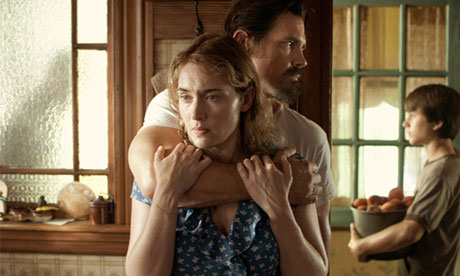
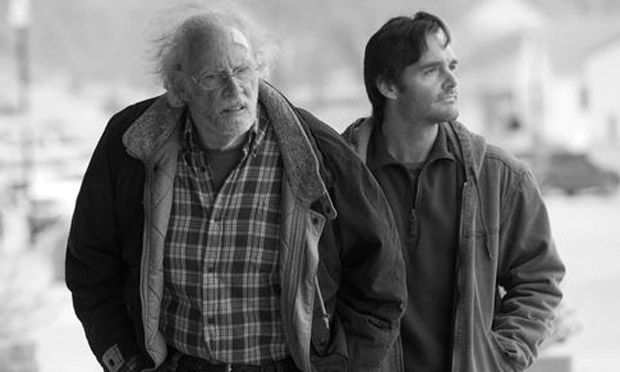
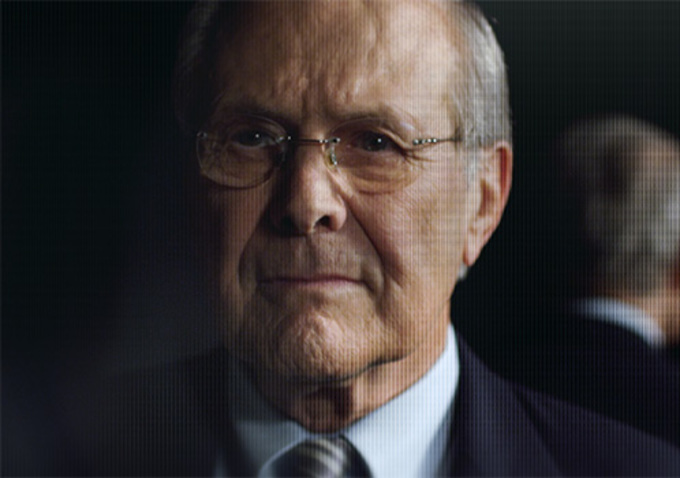
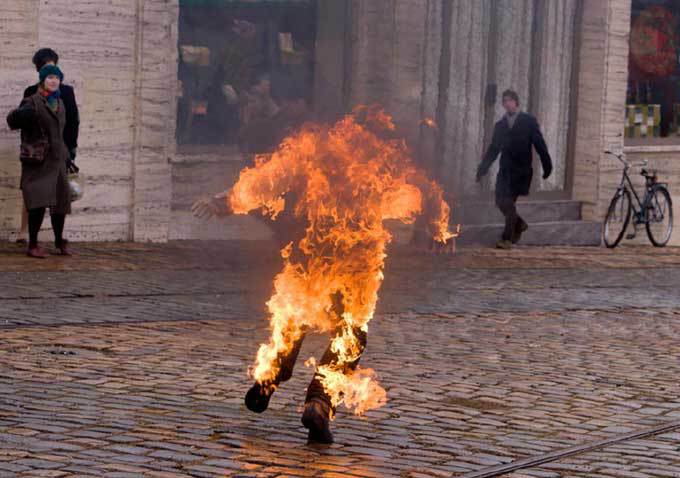
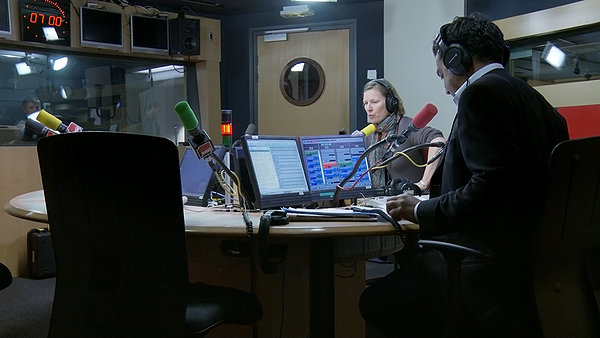
 RSS Feed
RSS Feed
